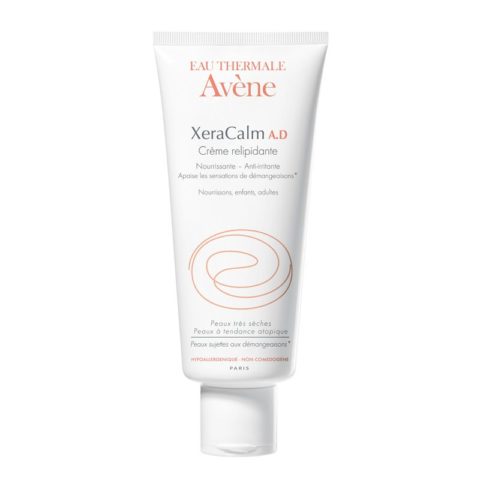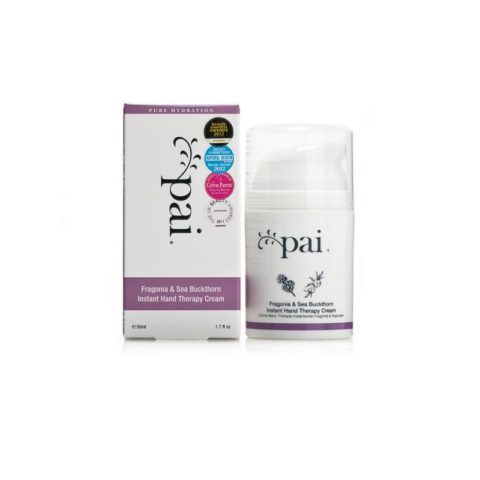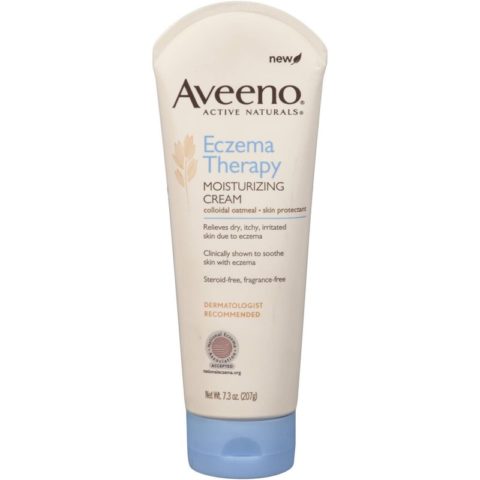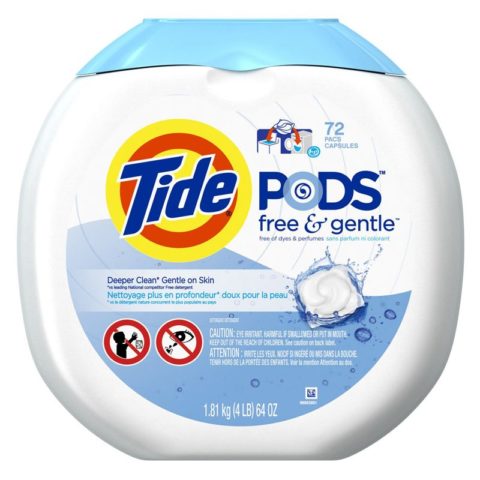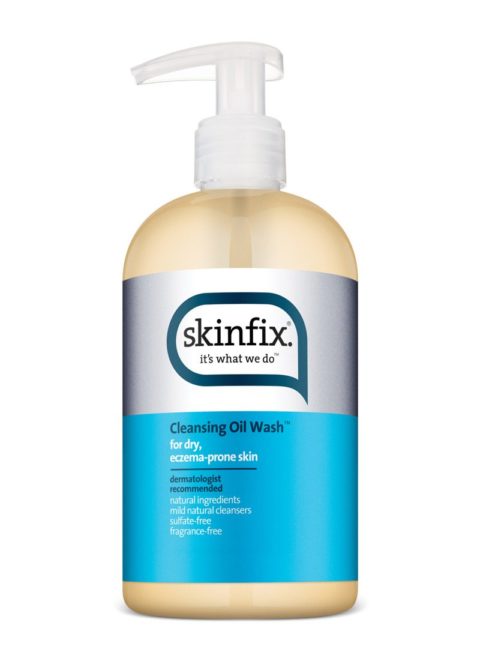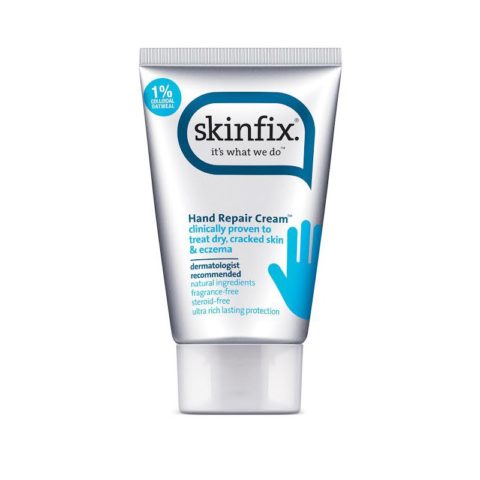How to treat eczema, according to a dermatologist (so you know it’s real)
When the snow falls, people with dry skin conditions know that the weather signals more than just the time to pull out your Sorels and Canada Goose puffer. It’s the time when your moisturizing routine gets amped up and flake patrol becomes your part-time job. For me, I have a container of hand cream pretty much everywhere—bedside table, desk, bathroom, purse…. I can detect the beginning of winter by that layer of white flakes that collects on my knuckles (full disclosure, I’m an excessive hand washer) and I carry Band-Aids with me in case my skin cracks. I’m over-dramatizing, to an extent, but many of us are at the mercy of our climate. Especially those with skin conditions like eczema, dermatitis and psoriasis.
What’s the difference between eczema, dermatitis and psoriasis?
All of these skin conditions deal with flakes and itching. I can speak to psoriasis, which is what I developed in my 20s. It’s an autoimmune condition (meaning your body mistakes healthy cells as invaders, and “attacks” them) that manifests itself as scaly, itchy patches, much like eczema, but it looks different—more thick scales of dry skin, often on the scalp, elbows or knees (but can be anywhere). Ultimately you want a dermatologist to diagnose the condition because it can be tricky and often needs medical treatment to clear up. The terms eczema and dermatitis can actually be used interchangeably. “So eczema in dermatology circles is sort of a genetic variance, something people are born with,” says Dr. Sandra Skotnicki, medical director at the Bay Dermatology Centre and consultant dermatologist for SkinFix. “And then dermatitis is more often from an external cause, but they’re essentially used interchangeably. They look the same, they are the same. Anybody can get dermatitis if they use something that bothers them, say soap and water.” Those who have dealt with eczema from their childhood will likely have a genetic variant that causes them to produce less lipids, whereas those who get dermatitis might have a reaction to a product, for instance.
Why is it worse in the winter?
“One of the things that makes eczema/dermatitis worse is low humidity in cold weather, because that dries the skin out,” says Skotnicki. “[Something] we see a lot of is hand eczema, with the germaphobia we have created for ourselves over the last few years, hand washing has increased and a lot of soaps strip the skin of its natural oil, so they get dry and cracked, and if you get open sores on the fingers they become quite uncomfortable.” This itself is a tough one to combat as cold and flu season nears. You can keep a really good hand cream at the ready, though, to help ease some symptoms.
WTF do I do?
Sometimes simply doing an overhaul of your household products can get rid of eczema—especially by looking in unexpected places, like your laundry room. “Fragrances are a big irritant—it shouldn’t be in your skincare, it shouldn’t be in your soap and it certainly shouldn’t be in your fabric softener or detergent,” says Skotnicki. “A lot of times just changing those things clears up the eczema.” (Buzzkill, we know.) Some things to look for when shopping for new products is a seal of approval from boards like the Eczema Society. And while these days many of us are scared of using cortisone creams and the like, there is a time when you should see your doctor to get advice. “You kind of start with a bit of dryness, it’s not symptomatic, but then it can progress onto itching,” says Skotnicki. “When you get itching that means you actually have inflammation of the skin and you’ve developed dermatitis/eczema. Sometimes when you get to that point you do need to see a physician because you might need some medication. There are a lot of alternatives now, like the SkinFix Hand Repair Cream. You can use eczema-targetted, non-steroid medication. And then I get patients to change their soap from something that is a foaming, traditional soap to something that is non-foaming or has a non-traditional soap in it.” Also use a moisturizer after every shower and when you wash your hands.
The post How to treat eczema, according to a dermatologist (so you know it’s real) appeared first on FASHION Magazine.
